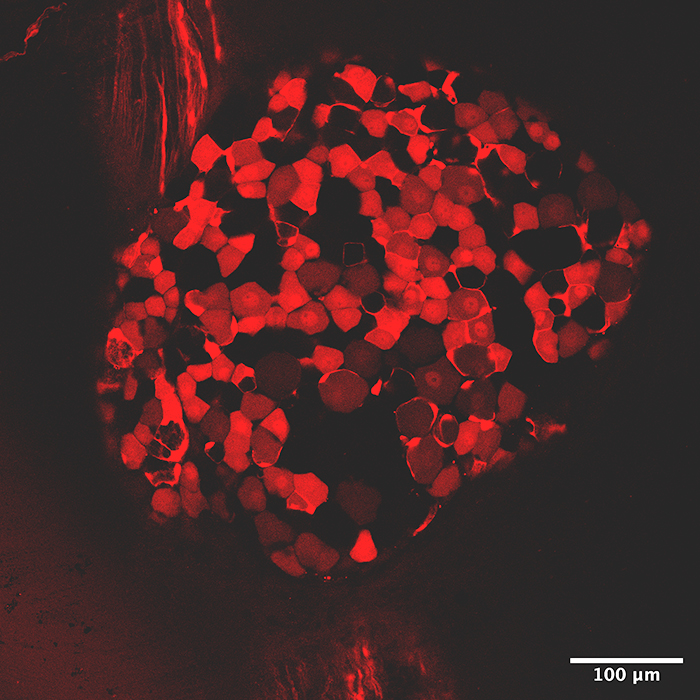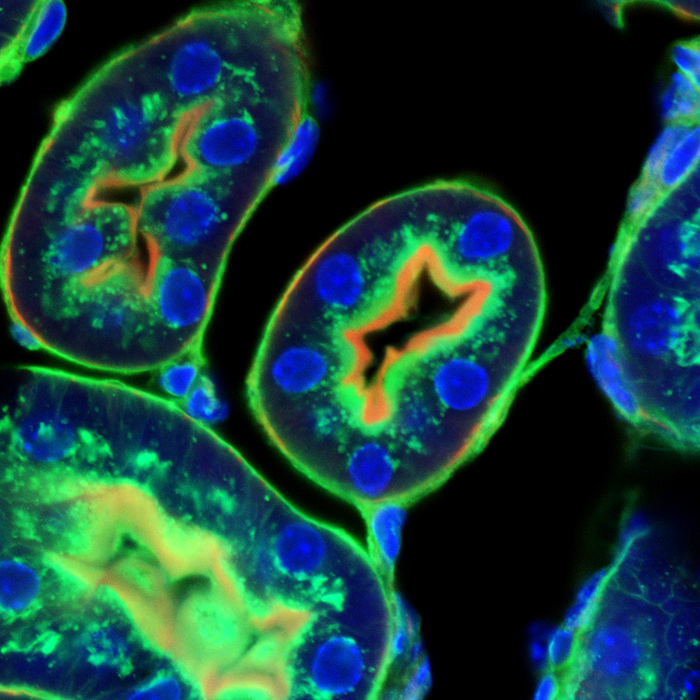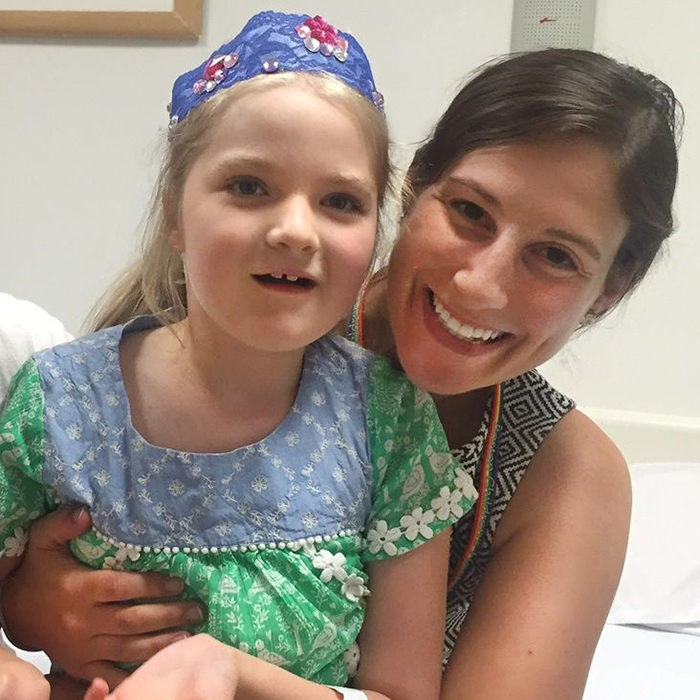The IDDRC Cores
From disease identification through drug discovery
The Intellectual and Developmental Disabilities Center (IDDRC) cores support investigators by offering state-of-the-art equipment and technology, including high level imaging, analysis of complex genomic data and precise model generation, as well as, translational and regulatory expertise and the intellectual and technical know-how needed to advance the research project.
The Center’s fully integrated core structure allows for a seamless movement of the investigator’s research project from one phase to the other. Individual core services can be accessed as well. Guidance and coordination are available to all IDDRC investigators by our superb core leadership and management staff as needed.
IDDRC Administrative Core
The administrative team alongside the IDDRC executive leadership supports the financial, operational, and administrative management of core facilities, ensuring cost effectiveness and quality control. The team develops and maintains “state-of-the-art” facilities, supports recruitment of staff, promotes a cohesive and integrated team of core managers, and optimizes Core utilization and efficiency. The Administrative Core brings together distinguished leadership for scientific and programmatic planning and evaluation, including the Internal Advisory Committee and Scientific Advisory Committee as well as engages with families and Patient Advocacy Groups.
Center Administrative Director
Amy Weinberg, MPH
Email Amy >
Administrative Manager
Karen Caballero
Email Karen >
Research Administrative Manager
Padam Gharti
Email Padam >
Program Administrative Manager
Sylvia Lewinstein
Email Sylvia >
Research Administrator, Genetics
Jacqueline Breen
Email Jacqueline >
Educational Coordinator
Sable Smith
Email Sable >
Research Administrator, Clinical Translational Core
Marie Boyle
Email Marie >
Animal Behavior and Physiology Core
The Animal Behavior and Physiology (AB&P) Core provides comprehensive state-of-the-art in vivo preclinical, translational platforms for in-depth phenotyping of models of neurodevelopmental disorders. AB&P also enables the use and development of reliable and quantitative biomarkers to measure the effects of therapeutic interventions. The core’s leadership and research team includes expertise in translational neuroscience, rodent behavioral and physiological metrics, drug testing, biomedical engineering, and in core management to facilitate efficient planning, execution and analyses of experimental data.
| Co-Directors Michela Fagiolini, PhD Alex Rotenberg, MD, PhD |
Assistant Director, Behavior Assistant Director, Physiology |
Cellular Imaging Core
The Cellular Imaging Core is comprised of Microscopy and Image Analysis. The Core continuously explores new technologies and has invested heavily in new equipment and image analysis software. We are committed to maintaining this core as a central resource for neuroscience research at CHB and Harvard Medical School.
| Core Director Hisashi Umemori MD, PhD |
Core Assistant Director 2-photon Manager |
Clinical Translational Core
The IDDRC Clinical Translational Core (CTC) offers researchers resources and technical assistance throughout the pipeline, from target identification to clinical trial. Preclinical services include a Human Neuron Unit for disease modeling using human neurons, and a Biorepository for management of biological samples. Clinical Phenotyping Services include the Neurobehavioral Unit and the Neurophysiology Unit. Services to support clinical trials include units for Regulatory guidance, a Research Participation Registry, and Biostatistics Services.
|
Director, Clinical Translational Core and Co-director, IDDRC Executive Director, Rosamund Stone Zander Translational Neuroscience Center |
Director, Clinical Research Operations Director, Translational In Vitro Models Director, Translational Genomic Medicine |

Image of native reporter fluorescence within a dorsal root ganglion from a Gabra1-ires-Cre mouse expressing a Cre-dependent tdTomato reporter, generated via CRISPR/Cas9. Courtesy – Sara Prescott/Stephen Liberles.
Gene Analysis and Editing Core (GAEC)
Genetic Analysis and Editing Core (GAEC) aims to explore the genetic basis for the normal development of the nervous system, identify those mutations that affect this development to produce intellectual developmental disorders, and use this information to model the diseases to understand their pathophysiology, and test potential biomarkers and therapeutic interventions. To support state-of-the art research, the GAEC provides IDD investigators cost-effective, rapid and efficient access to the latest technological advances both in genetic analysis and in mouse model creation.
| Core Directors Alan Beggs, PhD Clifford Woolf, MB, BCh, PhD |
Gene Editing Group Assistant Director Gene Analysis Group Assistant Director |





